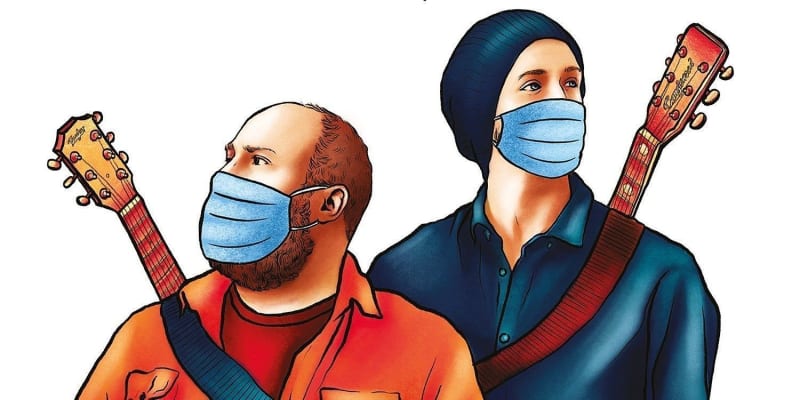This article was written before news emerged of the potentially more dangerous new variant of COVID-19. At first sight, that unhappy development merely ups the stakes for all concerned.
Although theatres across the United Kingdom are now generally open and looking forward to a bumper Christmas season, there will still be great concerns about the long-term prospects for many of our favourite venues and companies, let alone the self-employed individuals who work around the edges of the industry.
In the best of all possible worlds, the future should be bright. If coronavirus ceases to be a major factor, then companies can begin to implement programmes to secure their futures by attracting diverse audiences and ensuring high quality programming that does not pander unduly to profit at the expense of artistic excellence. However, despite the optimism of many of those in the theatre business and beyond, the odds against reaching that best of all possible worlds in the near future seem overwhelming.
Far too many productions are still having to close performances due to staff and performer illness. Unbelievably, the government has not been willing to underwrite an insurance policy which would protect against such losses. This could mean curtains for one or more unlucky producers in an uncertain economic climate. Inflation looks like it will begin to eat into finances next year, which is going to compound problems unless ticket prices can move up in step without scaring off potential visitors.
When figures are finally released, it will be fascinating to see the extent to which the public has returned to theatres and whether they are paying top dollar for tickets. While 2021 is looking better than 2020, it would be a major surprise if the statistics do not look pretty sick.
For the most part, the solutions are outside the control of those who run theatres. Having said that, there is at least one measure that other businesses are beginning to implement and is definitely worth considering.
As identified above, one of the problems besetting so many shows over the last few months has been the obligation to close down with virtually no notice as a result of one or more individuals falling foul of COVID-19. Typically, those involved will be actors or backstage staff, although the same issue could arise where front of house staff are in short supply.
It seems unlikely that anyone would wish to require mandatory vaccination for permanent staff, but some kind of halfway house might be greatly beneficial. Ideally, given all of the information provided by those in the know recently, every person working in a theatre should have had at least two coronavirus vaccinations and, where they are able, a booster as well. This will minimise the prospect of someone falling ill and therefore maximise the profitability of productions.
Therefore, at a basic level, every producer should be doing whatever is necessary to get as close as possible to this goal. This could mean that when casting a show, individuals are asked whether or not they have been vaccinated to the fullest extent possible and, if they haven’t, given an opportunity to offer their skills elsewhere.
While such a precaution is far from ideal, given the volume of talent looking to get work at the moment, it is unlikely to be very damaging from an artistic viewpoint and might benefit society by persuading some of the more reluctant to head off to a vaccination centre in order to protect their lives and livelihoods simultaneously.
We live in strange times and these require new ways of thinking and operating. This measure seems to make perfect sense and industry leaders should be considering other ways in which they can ensure that the theatre eventually emerges from the pandemic intact and in good health.
